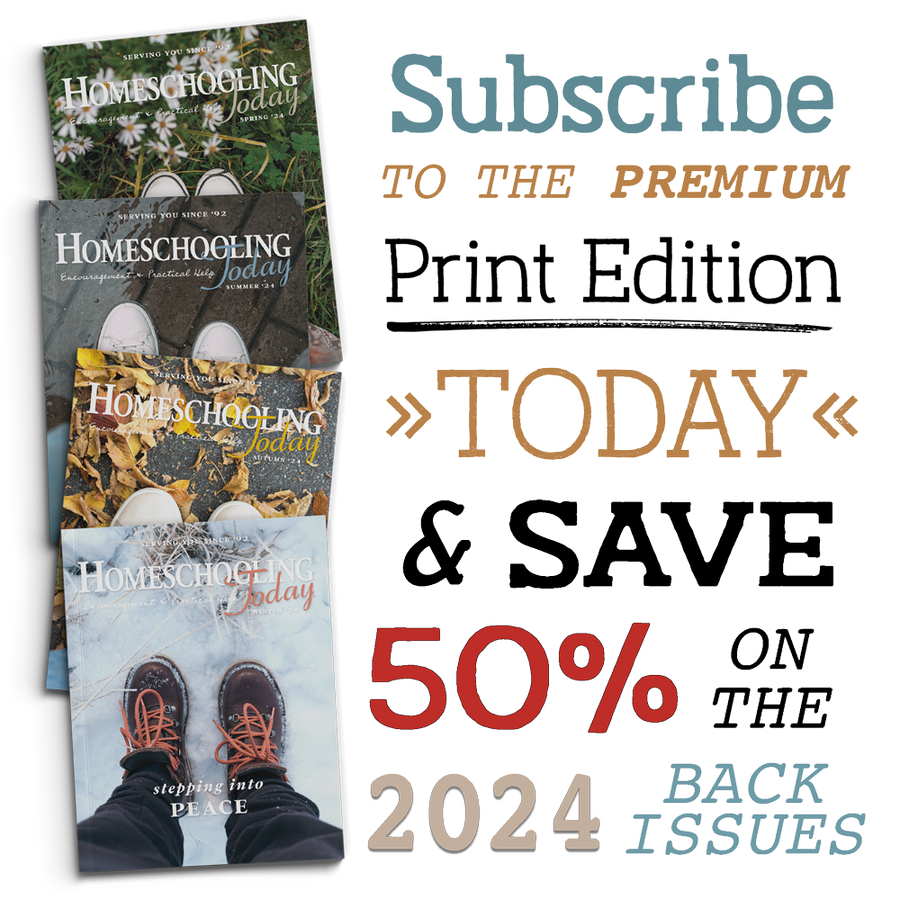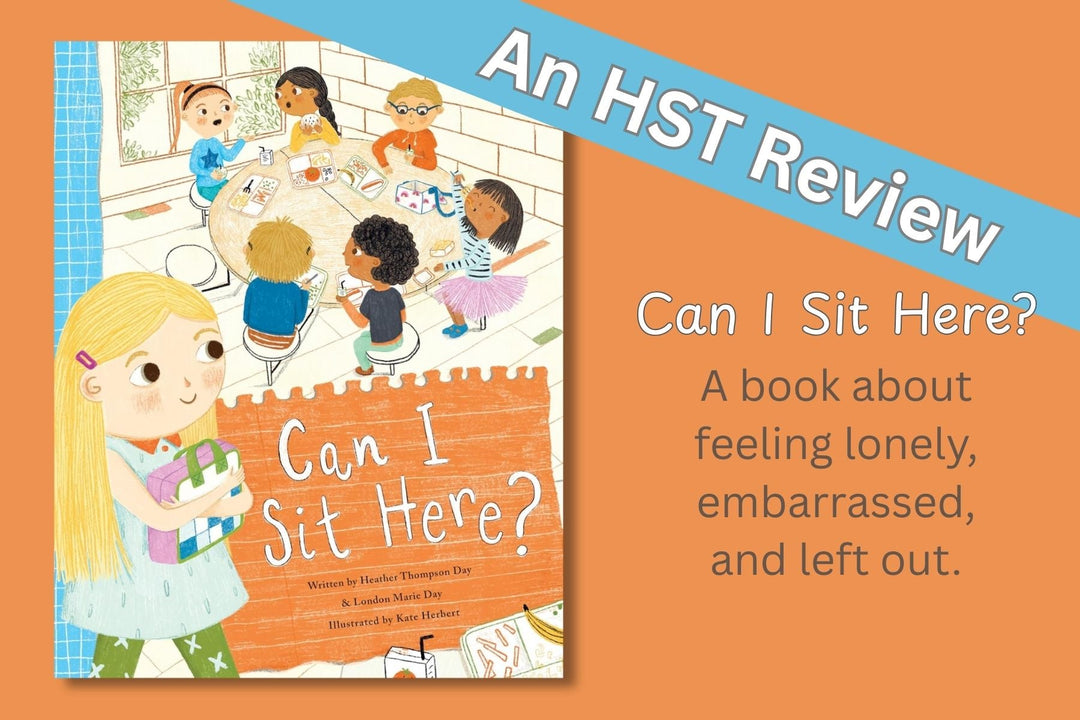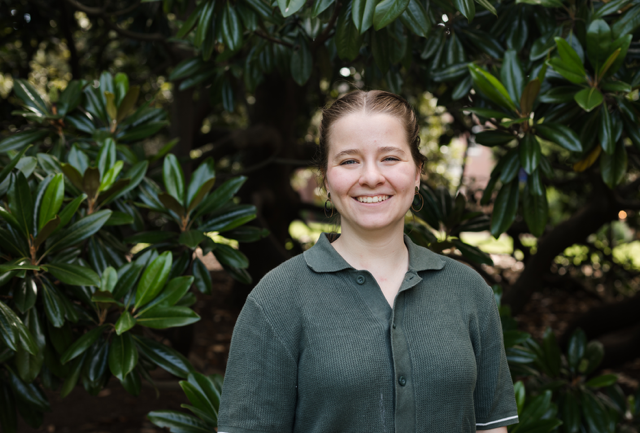My Hero

"The little ant at its hole is full of courage." — African proverb
He was only two, nearing his third birthday, but in his mind, he was a giant. And in my heart too. Dressed in jeans and overalls, we became farmers.
For a fun field trip, another homeschooling mom invited a group of us friends to her farm for a picnic. We relished the time away from the city. Deeply breathing the fresh air, we watched the animals around us. Horses. Ducks. Chickens. And the cows.
The horses stamped their hooves and swished their tails in salutation to our calls and hoots. The children were thrilled to see the display and fed them handfuls of freshly culled hay—little hands offering grass, dandelions, and love. With this first stop, our field trip had already succeeded.
We moved on and saw that the duck’s pond water was a dirty gray-brown. Not clean. No way. Yet the children begged to wade in it. With mini-lessons on germs and diseases, we tried to convince the children that we were right in our refusal. Distracting them, we counted the baby ducklings instead, matching them to their mothers. Fifteen for one, nine for the other, and six or seven ducklings for the white one whose babies waddled into the nearby grass too quickly for us to determine the exact count. Our family of ten felt right at home.
Finding eggs in the henhouse was a slice of heaven to our offspring. Digging deep into the hay nests, their hands felt around for that smooth surface, eyes dancing in response to their discovery. Who would find the next one? Where would it be? Would the egg be white, brown, pink, or blue? Our friend told us that the type of chicken determines the color, and they lay that shade all their lives. She allowed us to put the ovoids in little produce baskets to carry home with us. This convinced our children that life doesn’t get better than living on a farm. Then, with another mini-lesson on bacteria, we sanitized their hands.
Yet it was with the cows that my little son proved a hero. Stepping into the barn, we were elevated about three feet above ground level. The cows were in the pasture, so we felt safe. Our friend showed us the milking machines and explained how they worked. Suction, similar to a baby’s nursing, pulls the milk from the udder, down a tube, and into the waiting tank. As we entered the milking stanchion, the cows, thinking perhaps it was time for dinner, rushed the stall. Screeching and running ensued as our little ones dove for the safety of mother’s nearness. Knowing the cows couldn’t jump up the three feet to enter, the adults recognized we were in no danger. Nevertheless, my son was convinced we were about to be trampled. Ever the brave one, he planted his little self between the charging bovine and me, waved his chubby arms, and yelled at the top of his lungs, “No! No! No!” He saved me from the stampeding herd—in his mind, at least. My everlasting hero.
Growing Courage
After the stampede, I realized that as mothers we have the privilege of giving our children courage. Homeschooling can multiply these opportunities. As the ant feels courageous near home base, so our children gain courage when we are nearby. When we homeschool, we have more opportunities and more years to be their anchors and encourage their bravery, at whatever level it comes.
When we teach them about science, we can encourage them to start a leaf collection, to create an ant farm, to memorize the various systems of the human body and their functions. We ground their beliefs on a Creator God.
Language arts give ample grounds for them to find their voices on issues and communicate them well. We give them time to research to their heart’s content, learn from the greats through biographies and historical resources, courageously memorize their speech, and deliver it without a hitch. We make them brave.
They learn history the way it happened, not how the moderns want to counterfeit. Presidents, leaders, wars, peace; they study the events and heroes of the past to become current stalwarts of adventure and faith. Volunteering their time with worthy political candidates—local, state, or national—they valiantly associate themselves with men and women of character and action. This is civics at its best.
Home economics afford our children time to learn the lost arts of the home: sewing clothes for their dolls, then for themselves. From baking cookies to creating an entire dinner to feed the family, they learn to become brave mothers and fathers of the next generation and to raise our grandchildren well, as they make choices that influence their children’s children—generations to come.
Drama class comes alive as the children act out David and Goliath, the Caesars of the past, or Abraham Lincoln giving his historic speech, “Four score and seven years ago our fathers brought forth on this continent, a new nation . . .”
It happens one day at a time. This day leads to the next, and we are creating a patchwork quilt of our children’s lives, stitched with the everyday events, embellished with the fun and fanciful. We keep them close as long as they need the courage to act valiantly in their world, their sphere of influence.
—Originally published in Homeschooling Today magazine, "Consider the Ant," July/August 2009











